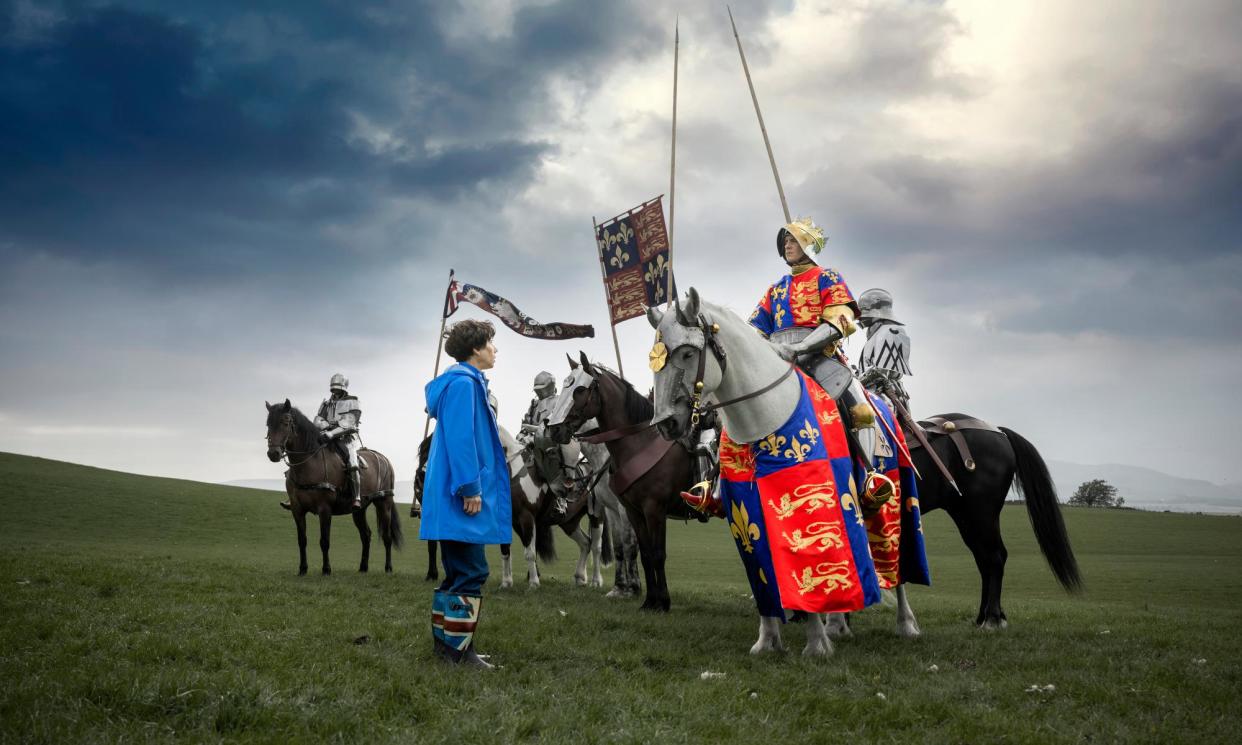The Lost King and Baby Reindeer: turning fact into film fiction is a tricky business

The rows about The Lost King and Baby Reindeer should not have a “chilling effect” on factual drama (What does Steve Coogan’s Lost King case mean for future biopics?, 17 June). Both of them contained easily avoidable blunders that were bound to get them into trouble.
Netflix’s billing of Richard Gadd’s compelling drama as unequivocally “a true story” is a hostage to fortune. Thanks to the wonders of social media, viewers would have got straight on the hunt for the real characters and identified them before the first episode was over. “Martha” has a real case to bring, citing umpteen ways the characterisation is not “true”.
No British terrestrial broadcaster would have approved the “true story” billing. They might also, at script stage, have persuaded Gadd to disguise his characters enough to argue that any perceived resemblance was coincidental.
In the feature film The Lost King, the portrayal of Richard Taylor, the then deputy registrar at Leicester University, is similarly inflammatory. Film, fact or fiction, is the art of compression, fitting complex stories told in entire books into a few of hours of screen time. Taylor, a private citizen, is named and shamed as the personification of institutional academic patriarchy. He has every reason to complain.
This is not a matter of obscure broadcast regulation, it’s common sense. And as The Lost King is a BBC film, it would be interesting to know if any of its lawyers vetted the film before it was released.
Peter Grimsdale
Former Channel 4 and BBC commissioning editor
• Andrew Pulver asks if a court case will threaten the ability of cinema and TV to tell real-life stories, a question that concerns more than drama if the stories seek to expose wrongs. There should be no such threats if the stories are properly researched and courts are capable of correctly identifying defamation.
In the case of The Lost King, regardless of any alleged personal slights, the film’s plot relies on misinformation that could have been checked if those portrayed on screen under their real names had been consulted and listened to (as I did in writing about the well-documented Richard III dig).
Mike Pitts
Author, Digging for Richard III: The Search for the Lost King
• Have an opinion on anything you’ve read in the Guardian today? Please email us your letter and it will be considered for publication in our letters section.

 Yahoo Movies
Yahoo Movies 
